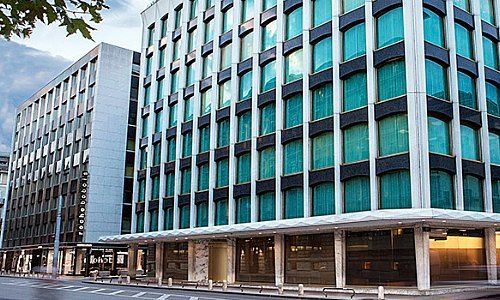
SEOUL : South Korean authorities are exploring ways to divert some the domestic pension fund’s foreign currency needs as they try to put a floor under a rapidly weakening won.
The country’s central bank is reviewing a currency swap with the National Pension Service to sate the fund’s dollar needs, to complement its intervention efforts in the currency markets.
The world’s third-largest pension fund is expected to announce some details, including adjustments to its FX management rules, later on Friday, a day after the Bank of Korea Governor Rhee Chang-yong said a currency swap between the two parties is in discussion.
Talks of the dollar-for-won swap come as South Korea’s won weakens through the psychological level of 1,400 per dollar this week for the first time since 2009, marking a 17 per cent decline for the year and becoming one of the worst-hit emerging market currencies against a surging U.S. dollar.
The arrangement would allow the pension fund to access dollars from the BOK’s FX reserves without having to sell won for dollars in the onshore spot market, thus removing a big source of dollar demand, market participants say.
“What the authorities are aiming for is to weaken the dollar-buying force by redirecting the fund’s dollar needs away from the spot market,” a currency dealer said in Seoul.
“A currency swap deal at this stage probably isn’t going to be all that effective in curbing the won’s fall. It could have been when the won was at around 1,350-level.”
The won’s dive has spurred expectations for a faster pace of interest rate hikes by the BOK in this year’s two remaining policy rate reviews, slated for Oct. 12 and Nov. 24, since policymakers would want to curb any further capital outflows.
An aggressive Fed tightening has seen dollar-won yield differentials widen to 0.75 per centage points this week.
The BOK’s current policy rate is 2.50 per cent.
The NPS manages $626.6 billion, assets equivalent to about 40 per cent of annual gross domestic product, and has been aggressive in investing abroad, with its operations weakening the won as it purchases billions of dollars.
The country’s worst-ever trade deficit in the first half of this year is also fanning bearish sentiment towards the won, at a time when the Fed continues to tighten policy and Europe’s energy crisis fuel fears of a global slowdown.
The slump in the won has prompted the BOK and the nation’s finance ministry to push back hard recently. Yet a series of warnings from local FX authorities in the past week has failed to curb the won’s slide towards 1,400 level.
“There seems to be no resistance level anymore, unlike when the won hovered around 1,300 per dollar level. Even smoothing operations won’t work if other currencies including euro plummet like now,” a currency trader said.

